Organized by Color Media Communications and the Congress of Serbian-American Friendship (CSAF), and in cooperation with the National Assembly of the Republic of Serbia, an online conference called “Serbia’s Economy – The Day After”, dedicated to the Serbian economy, was live-streamed on the YouTube channel of Diplomacy & Commerce magazine, which was also the media sponsor of the conference. Telekom Serbia was the conference’s partner. The participants of the online conference talked about what the Serbian economy would look like after the coronavirus pandemic, the measures adopted by the Government of the Republic of Serbia and their implementation. One of the topics was investments in the post-pandemic period and a debate about what certain industries would look like, that is, how both domestic and foreign companies would organize their business in the post-pandemic period.
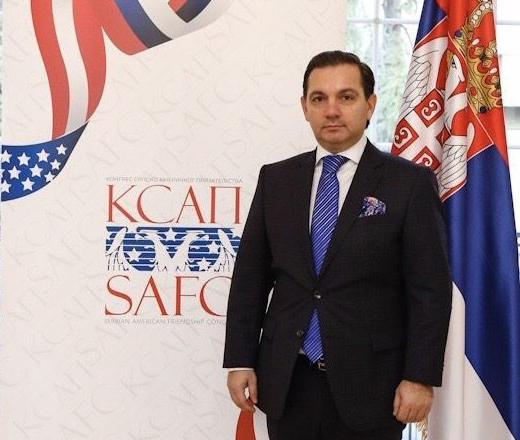
Vladimir Marinković, Deputy Speaker of the National Assembly of the Republic of Serbia and founder of the CSAF
The conference was opened by Robert Čoban, President of Color Press Group. Vladimir Marinković, Deputy Speaker of the National Assembly of the Republic of Serbia and founder of the CSAF, pointed out that macroeconomic parameters showed that Serbia would have the smallest decline in the region, perhaps in the whole of Europe.
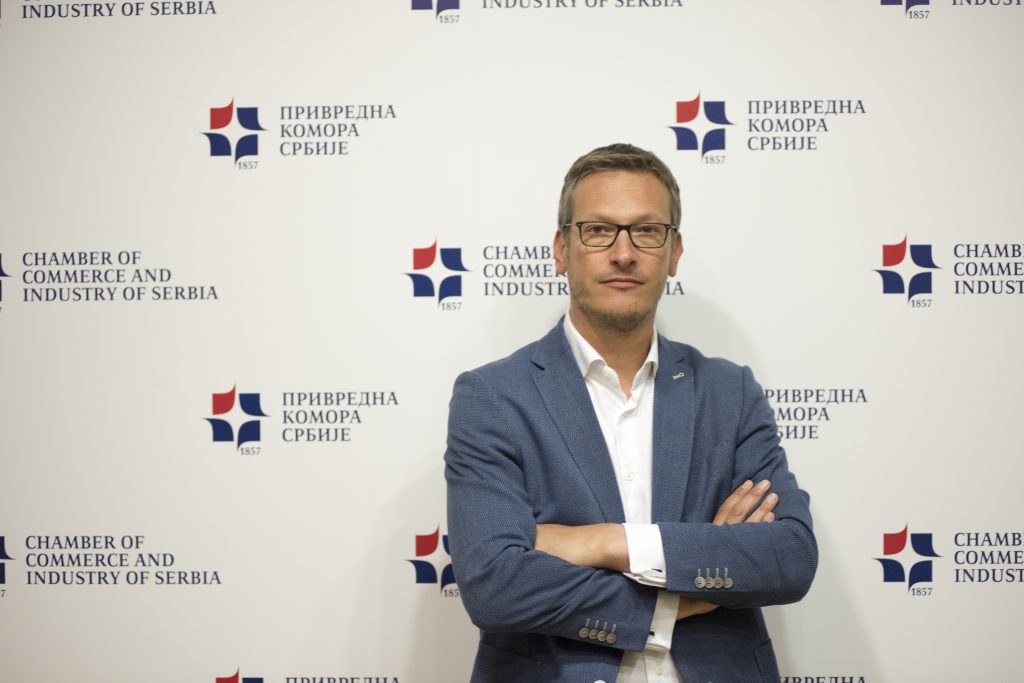
Mihailo Vesović, Deputy President of the Chamber of Commerce and Industry of Serbia
Mihailo Vesović, Deputy President of the Chamber of Commerce and Industry of Serbia, underlined that the banking and financial sectors were not too affected (by the pandemic-related problems) and added that the bigger problem was uncertainty whether we would experience a second tide of the pandemic. If there wasn’t the second wave of the pandemic and a crisis stemming from it, global predictions say that we would slowly return to the activities from the pre-pandemic period within a month or a month and a half at the most. We also expect economic activity to intensify in the last three months of this year while global forecasts for 2021 predict great economic growth that year.

Dragan Demirović, acting Assistant Minister in the Fiscal System Sector
The participants of the first panel were the following: Dragan Demirović, acting Assistant Minister in the Fiscal System Sector; Ivan Djoković, Deputy Prime Minister and Provincial Secretary for Economy and Tourism of the Autonomous Province of Vojvodina, Dubravka Negre, Head of the EIB Office for the Western Balkans and Violeta Jovanović, Executive Director of NALED.
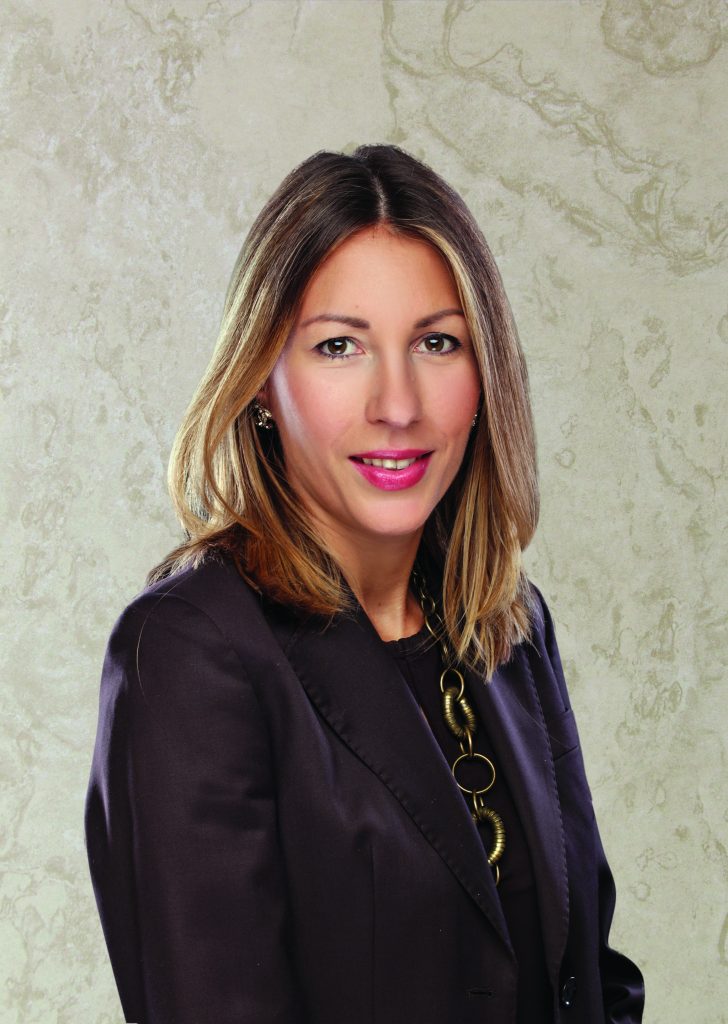
Dubravka Negre, Head of the EIB Office for the Western Balkans
Dubravka Negre said that the total aid package approved by the EIB amounted to 5.2 billion euro, of which a significant amount of funds would be directed to small and medium-sized enterprises, and for infrastructure, primarily healthcare infrastructure.
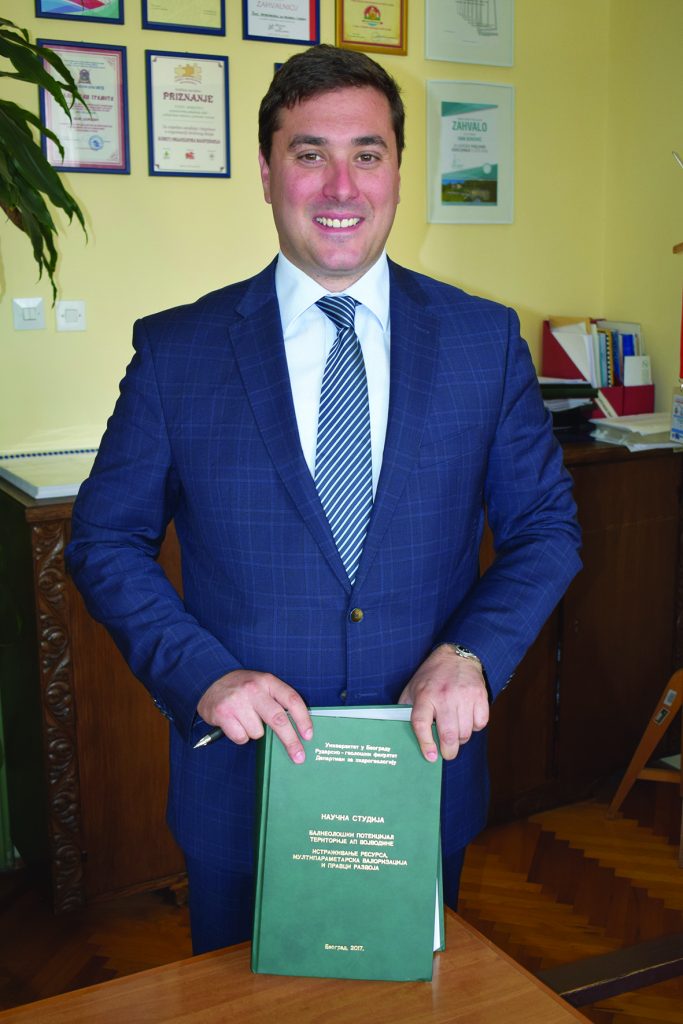
Ivan Djoković, Deputy Prime Minister and Provincial Secretary for Economy and Tourism of the Autonomous Province of Vojvodina
MrDjoković warned that the state must be careful, while Mr Demirović said that it was important to preserve macroeconomic stability.
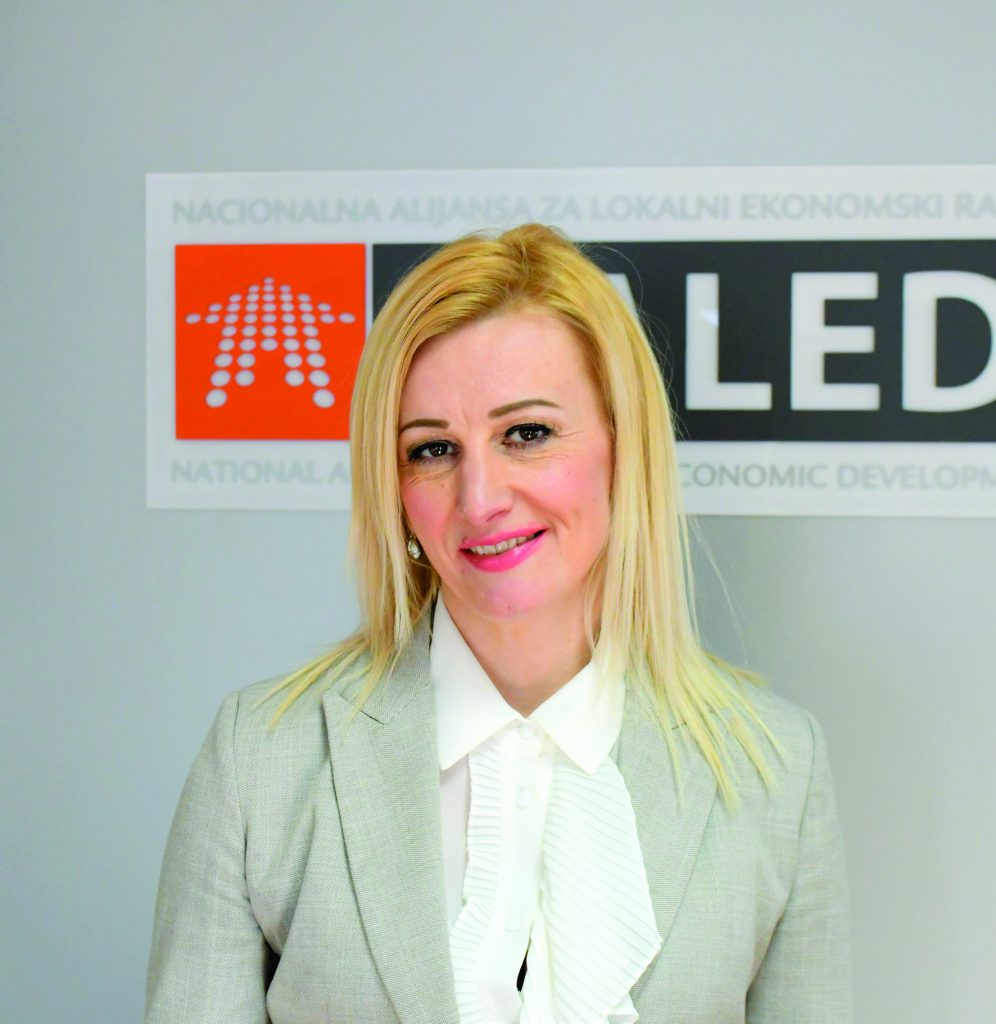
Violeta Jovanović, Executive Director of NALED
Violeta Jovanović advocated dialogue with businesses.

Borko Crnogorac, Director of the Business Services Development Sector at Telekom Serbia

Dragan Filipović, Managing Director of Generali Osiguranje Srbija
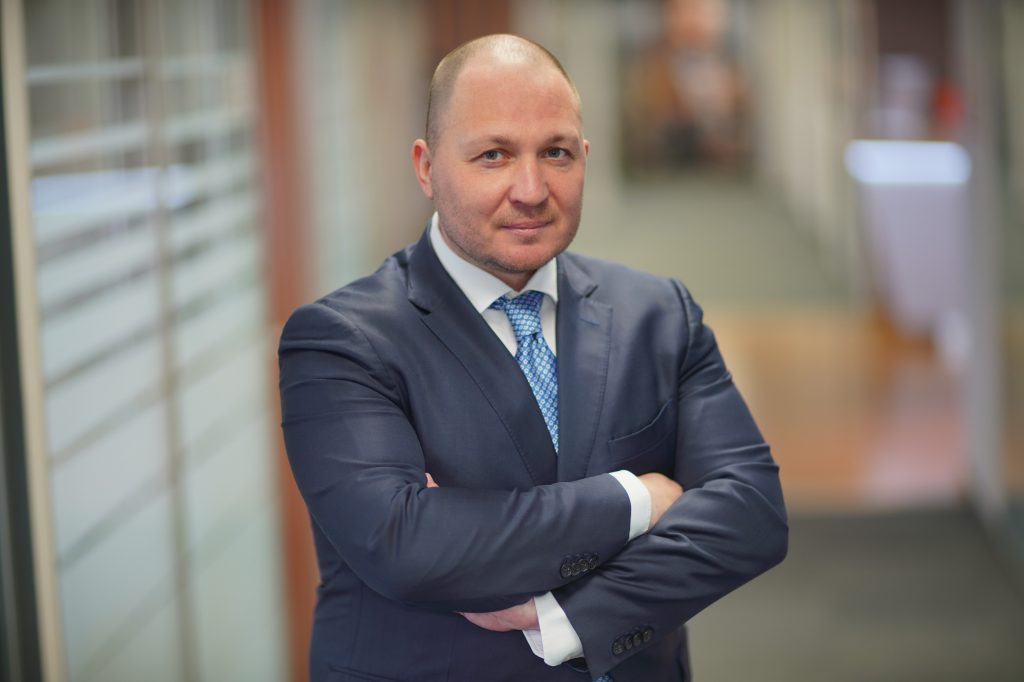
Ivan Miletić, Corporate Affairs Director at Philip Morris
The participants of the second panel included Borko Crnogorac, Director of the Business Services Development Sector at Telekom Serbia, who highlighted the fact that the Internet had never been more accessible, Ivan Miletić, Director of Corporate Affairs at the Philip Morris Company, who said he was proud of his company’s participation in humanitarian campaigns, and Dragan Filipović, Managing Director of Generali OsiguranjeSrbija, who pointed out that online insurance sales grew by 40% worldwide in the past month.